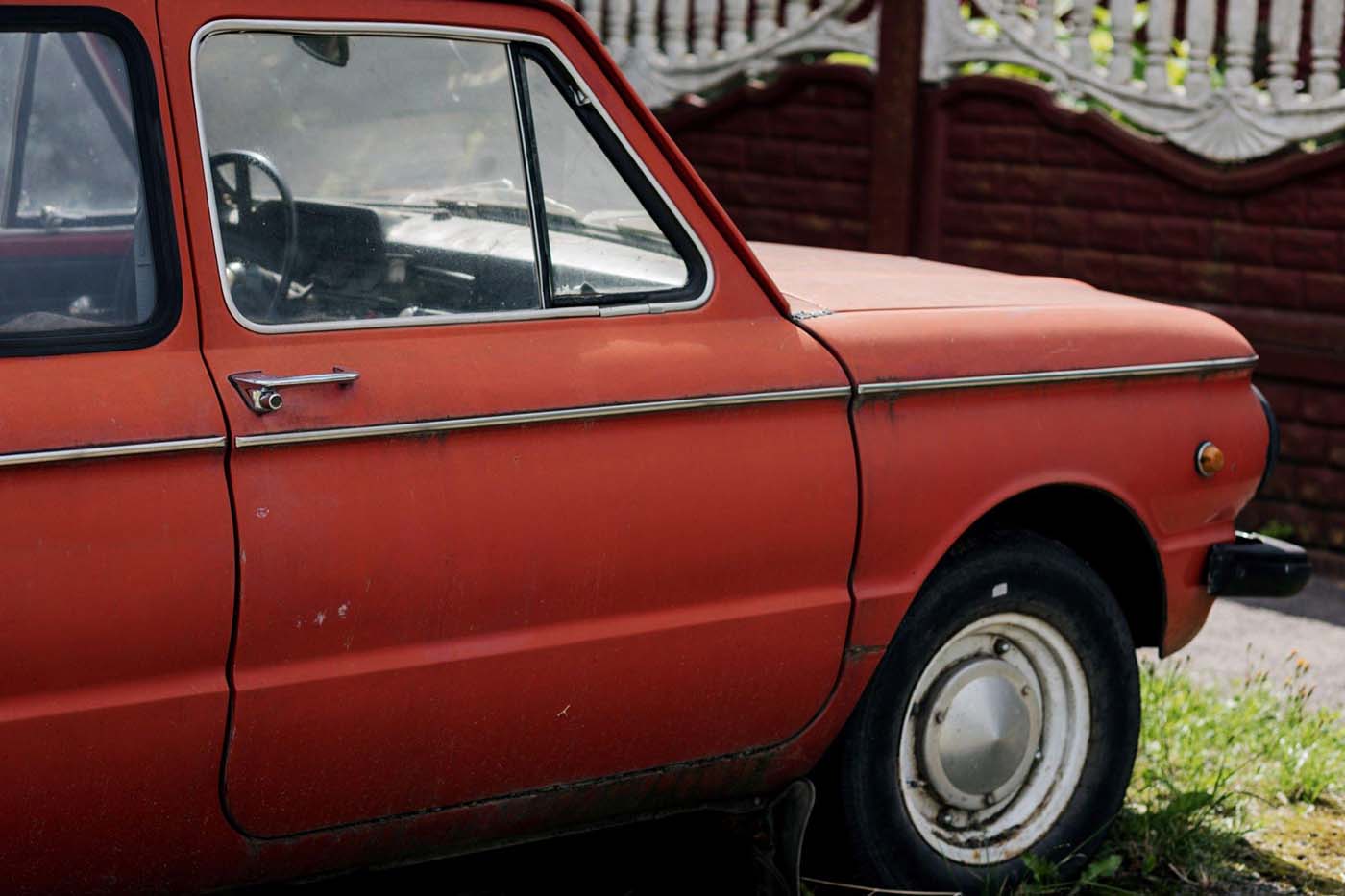Are you stuck with an old four-wheeler that won’t even start anymore? Perhaps you’ve got a once-loved vehicle now gathering dust and rust in your garage. Or maybe you’ve been handed down an antique car that’s seen better days and is now nothing more than an immovable hunk of metal. If you find yourself nodding along, then this guide is just for you!
Before you consider your vehicle a complete loss, it’s worth exploring the various paths available to get rid of a non-running car. You might believe your options are limited, but you’d be surprised at the opportunities lurking in this seemingly unfavorable situation.
Whether you choose to sell, donate, recycle, or even part out your car for a new one, each option has its own unique process, benefits, and drawbacks. It’s not just about freeing up space in your driveway; it’s about making the best choice that suits your circumstances, aligns with your values, and could even put some extra cash in your pocket.

Selling Your Non-Running Car
Selling your non-running car can be a viable option, especially if the vehicle possesses salvageable parts or is considered a classic. There are several online platforms, like Craigslist and eBay Motors, where you can list and sell your broken-down car. You could also consider selling to local junkyards or scrapyards.
They often buy non-running cars for parts or for the scrap metal value. Do bear in mind, however, that the price you get will be dependent on the car’s condition, age, model, and the demand for its parts. Whether you are looking to get cash for junk cars in Las Vegas, or you are located in a different city, there will likely be local junkyards that you can approach. The advantage of selling locally is that you don’t have to worry about shipping or towing the car to a buyer. Companies that buy junk cars usually offer free pickup services, so you won’t have to deal with that expense either.
Donating Your Non-Running Car
Donating your non-running car can be a fulfilling option if you want to give back to the community or support a cause close to your heart. There are numerous charities and non-profit organizations that accept vehicle donations. One of the biggest advantages of donating your car is that you could receive a tax deduction for it.
However, ensure that the charity is recognized by the IRS before claiming this deduction on your taxes. Some organizations even offer free towing services, making the donation process hassle-free for you. When you donate your car, it will likely be auctioned or sold by the charity, with the proceeds going towards their cause. It’s important to note that you won’t receive the full market value of your car as a tax deduction, but it can still be a great way to get rid of your non-running vehicle while supporting a good cause.
Recycling Your Non-Running Car
Recycling your non-running car is not only an environmentally friendly option but can also help you earn some cash. Companies that recycle cars will usually dismantle them and salvage any usable parts or materials before disposing of the rest responsibly. You can search for scrap yards or recycling centers in your area that accept broken-down vehicles. They may pay you based on the weight of your car or the value of its parts.
For instance, if your car has a good battery or catalytic converter, you may get a better price for it. Additionally, some states offer incentives for recycling old cars to promote eco-friendliness. Be sure to research and explore all options before choosing a recycling facility.
Parting Out Your Non-Running Car
Parting out your non-running car involves selling individual parts of the vehicle instead of the entire car. This can be a time-consuming process as you will have to take apart the car yourself or hire someone to do it for you. You can then sell these parts online through platforms like eBay Motors or specialized forums. Selling individual parts can often yield more profit compared to selling the whole car, especially if your vehicle has rare or sought-after components. However, if you are not knowledgeable about cars or don’t have the time to dismantle and sell the parts, this option may not be for you.
One of the most important things to keep in mind when parting out your car is to make sure that you are selling legally. Some parts may require documentation, such as a title or registration, in order to sell them. It’s also important to properly research the value of each part and set reasonable prices.
Trade-in Your Non-Running Car
Trading in your non-running car is another option to consider. Some car dealerships may allow you to trade in your non-functioning vehicle toward the purchase of a new car. The trade-in value you receive will depend on the age, make, model, and condition of your car. While you may not receive as much as you would from selling the car privately, trading in is a straightforward and convenient process. You won’t have to worry about advertising, negotiating with potential buyers, or arranging for the car’s removal. However, always ensure to do your research and negotiate your trade-in value to get the best possible deal.
On the other hand, if you are looking to get rid of a non-running car that is still under warranty, trading it in may be the best option. This way, you can transfer any remaining warranty on the vehicle to your new car and potentially save money on repairs.
As you can see, there are numerous options available for getting rid of a non-running car. Whether you choose to sell, donate, recycle, part-out, or trade-in your vehicle, weigh the benefits and drawbacks of each option before making a decision. Consider factors such as time commitment, cost involved (if any), environmental impact, and potential financial gain.
With some research and careful consideration, you can find the best solution for disposing of your old four-wheeler while also benefiting from the process. So don’t let your non-running car gather dust any longer, explore your options and make a choice that works for you.
However, it’s important to note that some of these options may not be available or feasible in certain situations, such as if you have a loan on the vehicle or if it is severely damaged beyond repair. In such cases, consulting with a professional or seeking legal advice may be necessary. But for most non-running cars, there are still plenty of avenues to explore before considering it a complete loss.
By choosing the right option for your situation, you can turn this seemingly unfavorable circumstance into something beneficial and even profitable.








